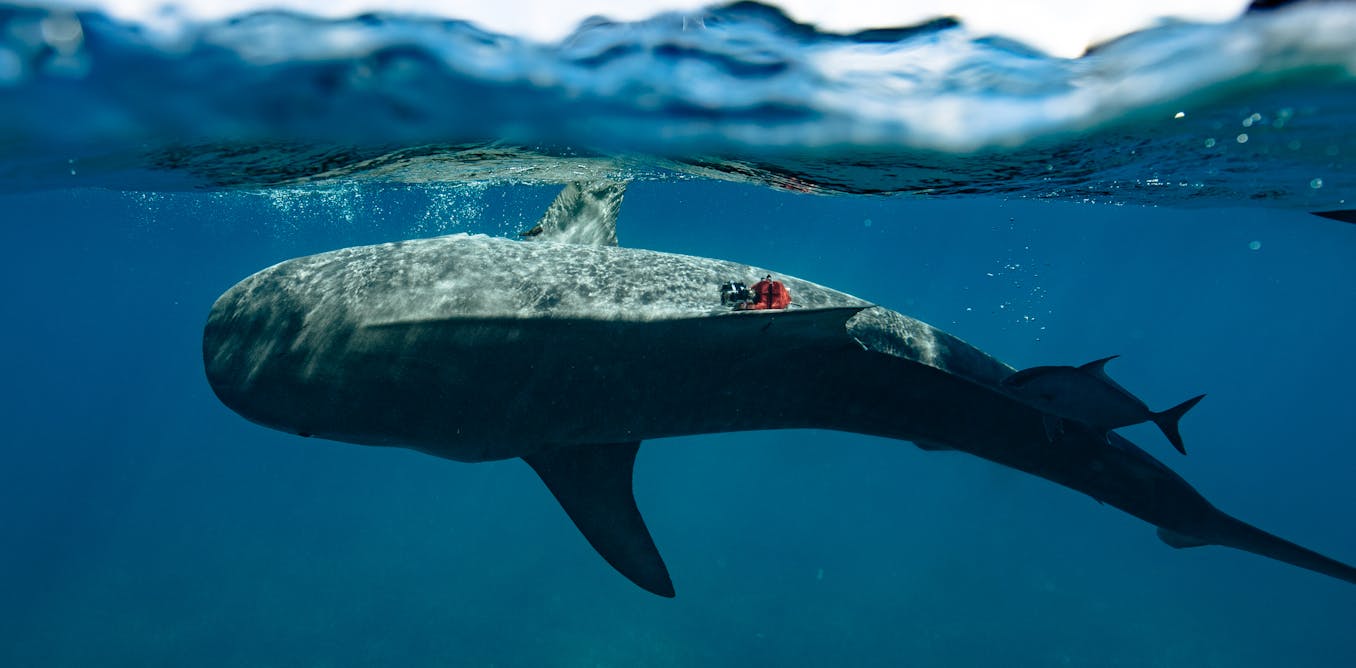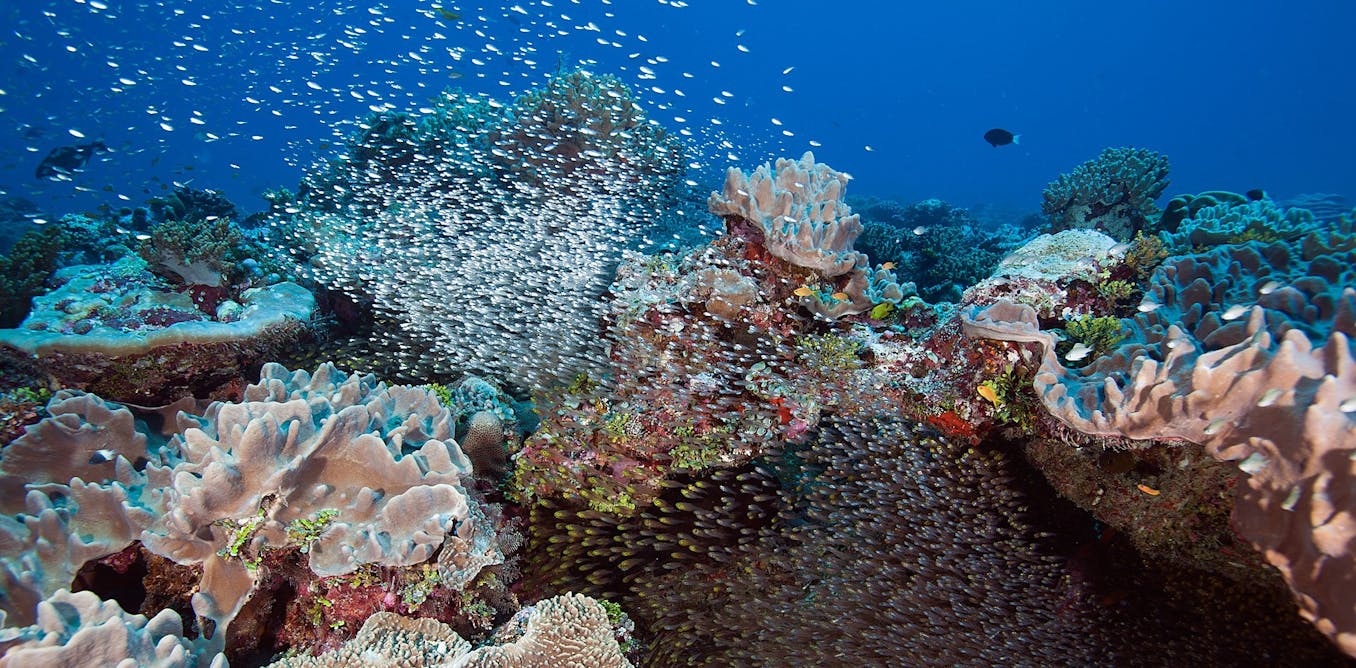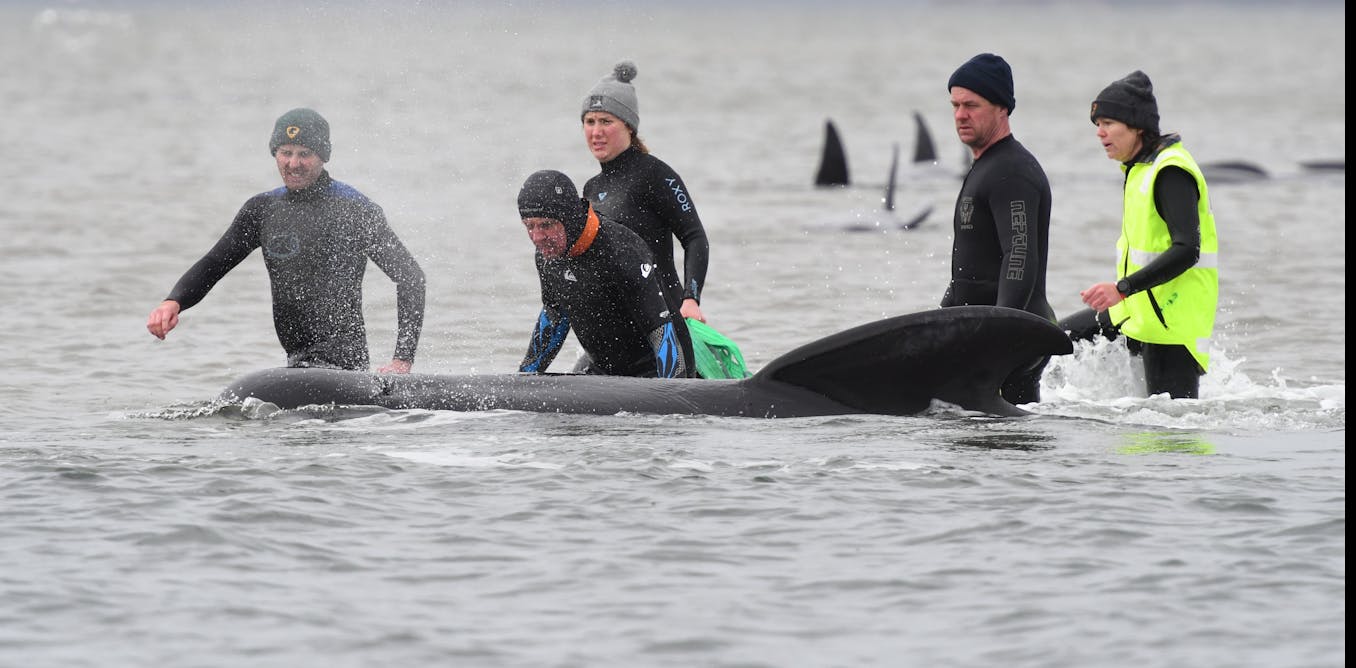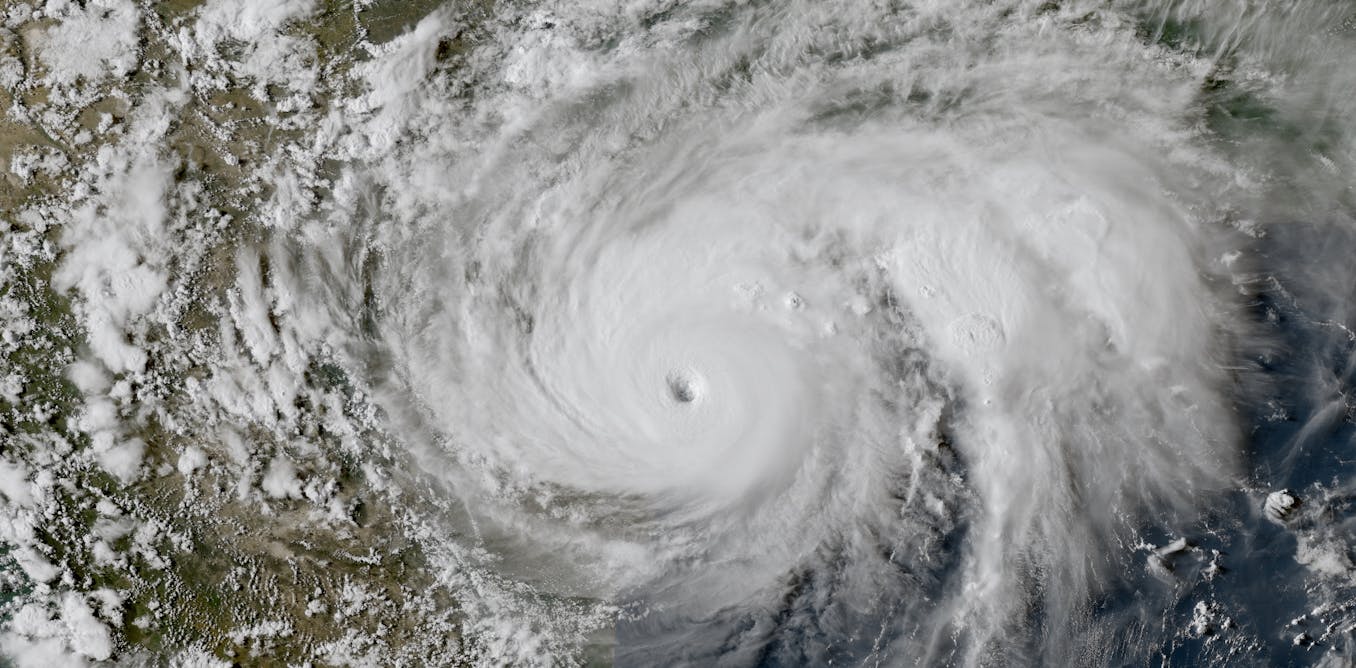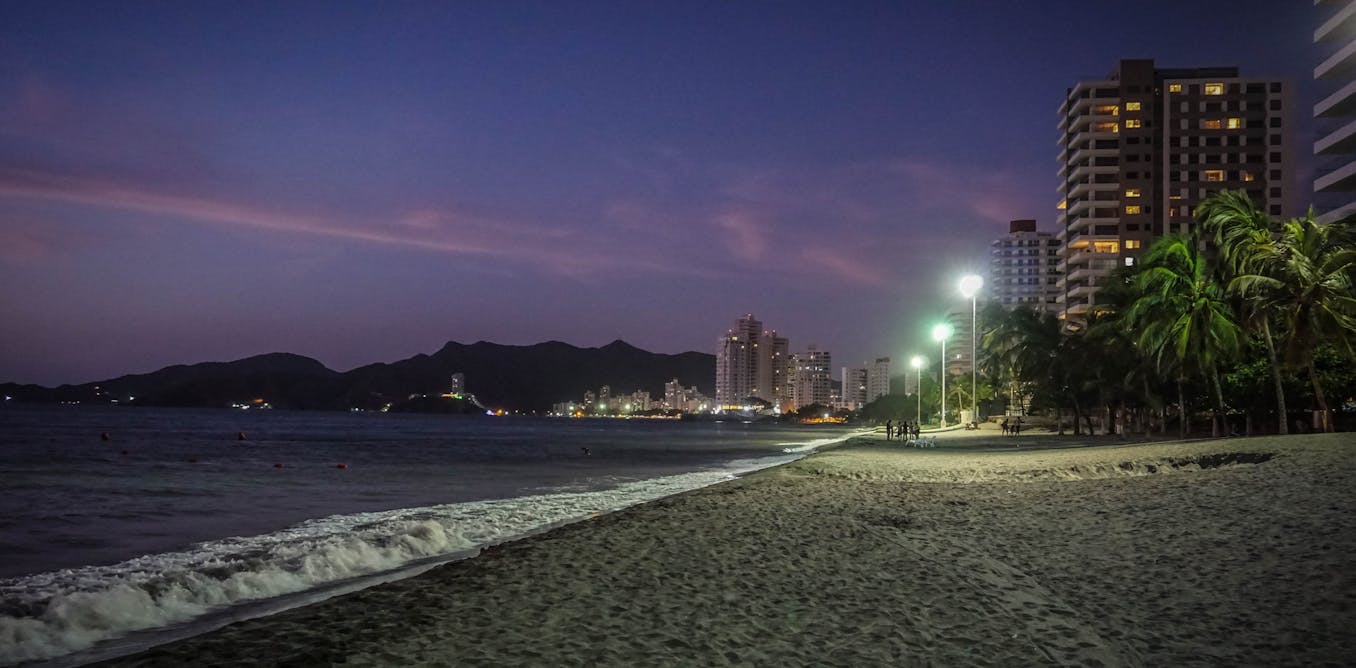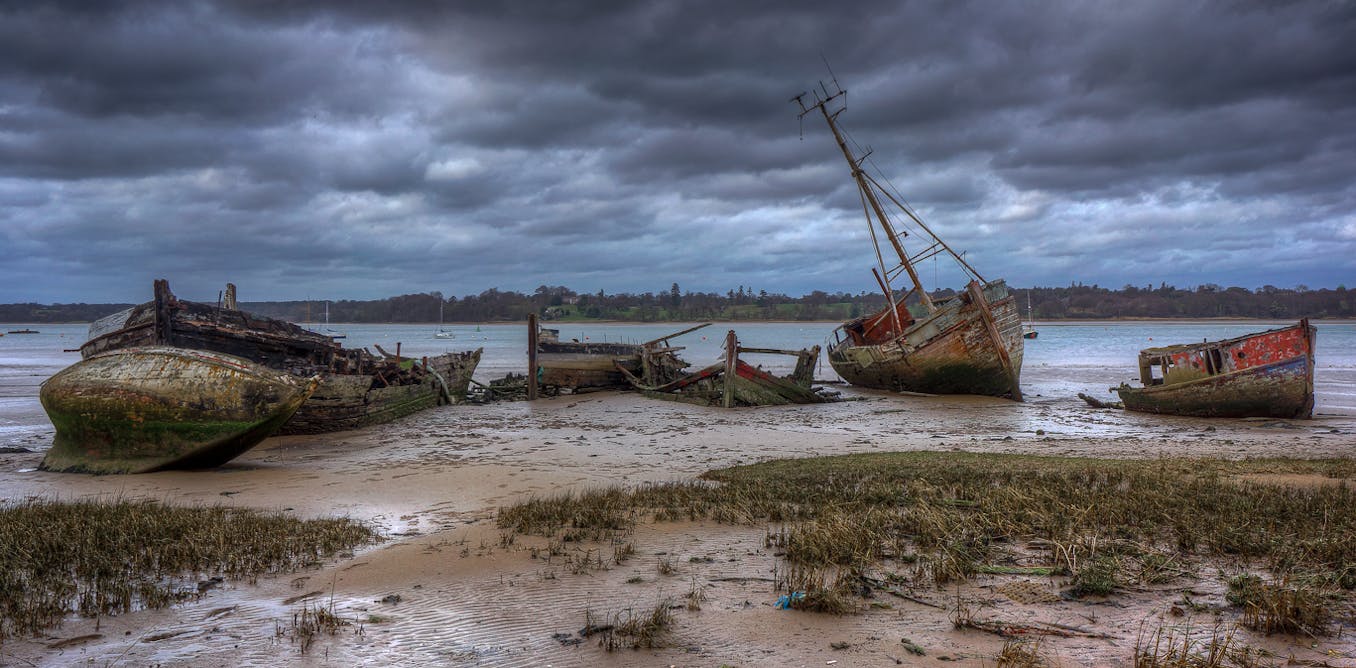Harvard professor discusses science in the military
History of Science Professor Naomi Oreskes examines the power of funding to shape science, for both better and worse, in her latest book, “Science on a Mission: How Military Funding Shaped What We Do and Don’t Know about the Ocean.”
July 22, 2021 • ~20 min


